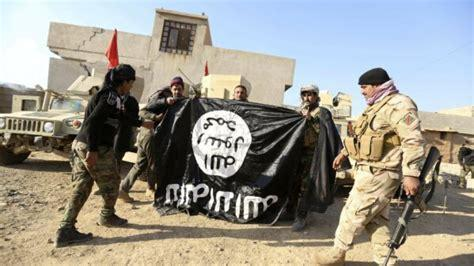ISIS has claimed responsibility for the deadly twin blasts near the burial site of slain military commander Qasem Soleimani in southern Iran.
At least 84 people were killed and 284 injured in the blasts on Wednesday, state-run news agency IRNA reported, in what was the deadliest attack in Iran since its 1979 revolution.
ISIS media wing Al-Furqan issued a statement on Thursday – more than 24 hours after the explosions – claiming two suicide bombers, who are brothers, had detonated their explosive vests as Shiite mourners gathered for the fourth anniversary of the assassination of Soleimani near his grave in his hometown of Kerman.
The statement, titled “And Kill Them Wherever You Find Them,” named the two bombers and said they targeted a gathering of “polytheists” near the grave of their “dead leader” Soleimani.
ISIS considers the Shia branch of Islam to be heretical and has targeted shrines and religious sites in Iran previously.
The group offered no further proof and their account of the blasts differs from that given by Iranian media. The death toll provided by ISIS was also significantly higher than that reported by Iranian officials.
Iran did not immediately comment on ISIS’ claim of responsibility. But Iran’s official state news agency IRNA, as well as its English-language state media outlet Press TV, both reported on the ISIS claim of responsibility.
Both referred to the group by its Arabic name “Daesh”, with IRNA posting a screenshot of the terror group’s claim that has appeared on multiple ISIS forums.
Press TV added in their reporting that in a statement posted on its affiliate Telegram channels, the Islamic State had claimed that two of its members had detonated explosive belts.
Iran’s interior minister said the two blasts happened in short succession, with the second, deadlier blast coming as others rushed to help the wounded.
Another state media outlet, IRINN, said the first explosion was caused by a bomb placed in a suitcase inside a car and appeared to have been detonated remotely rather than being caused by a suicide bomber.
Videos showed large numbers of people running in the area after the explosions, bloodied bodies on the ground and ambulances driving through the packed crowds.
Iran declared Thursday a day of mourning and President Ebhrahim Raisi canceled a scheduled trip to Turkey.
Accusations flew in the time between the blasts and ISIS’ statement. Iran’s President Ebhrahim Raisi blamed Israel for the explosions and warned it would pay a “heavy price.” The Israeli military told CNN it had “no comment” on the matter.
Prior to ISIS’ statement, analysts and a US official had speculated that the blast had the hallmarks of a terror attack.
“It does look like a terrorist attack, the type of thing we’ve seen ISIS do in the past. And as far as we’re aware, that’s kind of I think our going assumption at the moment,” the official said.
Soleimani, formerly one of Iran’s most powerful men, was killed by a US airstrike ordered by former President Donald Trump at Baghdad International Airport on January 3, 2020.
Known as Iran’s “shadow commander,” he was head of the Revolutionary Guards’ Quds Force, an elite unit that handles Iran’s overseas operations and was deemed to be a foreign terrorist organization by the US. He masterminded Iranian military operations in Iraq and Syria.
 Eurasia Press & News
Eurasia Press & News




